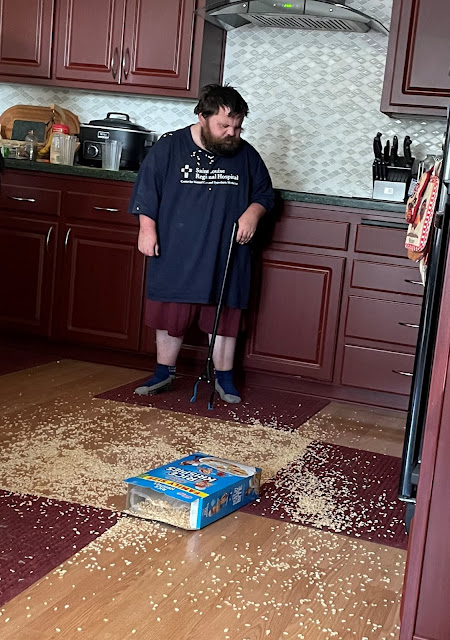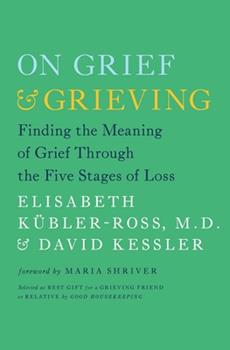Publisher's Pride: Books on Bestseller Lists - Anger Anonymous (Ortman)

Today's publisher's pride is Anger Anonymous by Dr. Dennis Ortment, which reached #85 on Amazon's bestseller ranking for anger management self-help. Book description: When you feel in the grip of anger, ask yourself these questions: -Do you feel powerless to control your temper? -Does your anger frighten you so much that you feel compelled to suppress it? -Does your life feel unmanageable because of your anger? -Does your preoccupation with the unfairness of life and being wronged interfere with your happiness? -Do you feel hopeless about finding a cure for your temper? If you answer "yes" to these questions, you may be addicted to your anger. It acts like a drug that stimulates you, energizes you, and causes you to act insanely. Viewing your anger as an addiction, Dr. Ortman guides you through the time-tested Twelve Steps of Alcoholics Anonymous to find healing and growth. He shows how the Steps offer practical wisdom to use the natural energy of your anger ...






